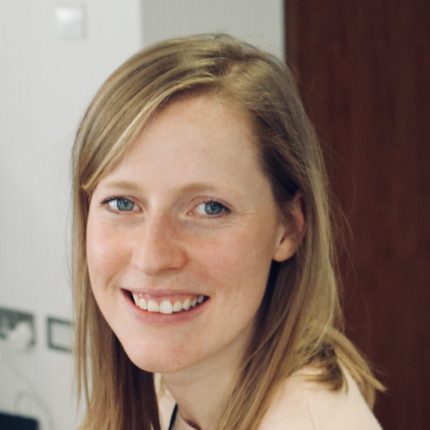The House of Commons Education Select Committee’s remit is one of the widest ranging of the departmental committees. It is responsible for holding the Department for Education to account across its broad remit, covering everything from early years through to lifelong learning, and children’s social care.
As well as the Department for Education, it also scrutinises the work of Ofsted, Ofqual, the Children’s Commissioner, the Social Mobility Commission and the Office for Students.
I joined the committee team shortly after the 2015 general election, 11 months before the EU referendum and 12 months before the committee gained oversight of higher and further education. Three months after the referendum the committee launched an inquiry into the impact of exiting the EU on the university sector.
The addition of higher education to the committee’s remit gave members the perfect opportunity to visit universities across the country, meeting academics and students to understand the issues the sector was facing after the Brexit vote. Taking over the scrutiny of higher education policy from the business, innovation and skills committee at a time of such change was challenging for both committee members and staff. Aside from the concerns over leaving the European Union, the Higher Education and Research Bill had just had its second reading in the House of Commons. Although select committees are not directly involved in the scrutiny of bills, members needed briefing on the contents of the legislation and its progress through Parliament.
Evidence-gathering
The Committee’s inquiry into the impact on higher education of exiting the EU received written submissions from almost 40 universities and held oral evidence sessions in London, Oxford and Newcastle. Alongside the main inquiry we worked with the the House of Commons Universities Programme to encourage undergraduate students enrolled on Parliamentary Studies’ modules to run parallel inquiries. The committee received submissions from Leeds and Reading universities.
Visits are a great way to extend the Committee’s reach beyond Westminster and hear from a wider range of people and places. Organising and attending visits both nationally and internationally has been one of the most interesting aspects of my time working for the committee. As part of the current committee’s inquiry into value for money in higher education the committee visited the Warwick Manufacturing Group at Warwick University and the new Dyson Institute of Engineering and Technology. Both visits reflected the committee’s interest in degree apprenticeships and desire to learn about different and new routes into and through higher education.
Universities are always keen to know how best to engage with parliamentarians and committees, but the reverse is also true. As well as holding accountability sessions with the Minister and taking formal oral evidence from witnesses, it has been increasingly important to communicate with the sector and involve it in the processes of the committee. While the weekly committee meetings held in the Palace of Westminster might be the most public facing work the committee does, there is lots of behind the scenes work by staff to foster good relationships with stakeholders. For example, as part of the inquiry into value for money we held a private roundtable in Parliament which allowed attendees and members to speak more freely than a public session usually allows. These sessions, although not formal evidence, help members and staff to improve their own understanding and inform the reports the committee publishes.
Covering the different policy areas the committee is responsible for can also be challenging. Members and staff receive a constant stream of lobbying from organisations and individuals asking the committee to look at their interests and issues. Similarly, ensuring that the committee is balancing its role in scrutinising the work of the Department with forward-looking pieces of work and one-off sessions on current issues is a key part of the role of the staff team who support the members. Offering these staff specific information on an issue the committee is working on is always appreciated, and more welcome than asking for a new inquiry.
Pre-appointment hearings
Pre-appointment hearings are one of the most interesting aspects of select committee work, and during my time the education committee has held hearings for the public appointments of the Chief Regulator of Ofqual, the Chief Inspector of Ofsted, the Chair of the Office for Students and the Chair of the Social Mobility Commission. The hearings are a chance for the committee to question the government’s preferred candidate on their professional competence and personal independence. Although committees do not hold a veto over the appointment of a candidate, the hearings give members the opportunity to raise concerns and question the individual.
In February 2017 the education committee endorsed Sir Michael Barber as the first chair of the Office for Students. The hearing took place two months before the Higher Education and Research Act formally created the Office for Students. Committee members were able to use the pre-appointment hearing to question Sir Michael on his experience in the higher education sector and priorities for the newly created regulator.
As the sector awaits the publication of the Augar review of post-18 education, the committee will have an important role in scrutinising its findings and the government’s response. Engaging with and listening to stakeholders from across higher education will be critical. On 15 May the committee will have its first opportunity to question the new Minister, Chris Skidmore.













